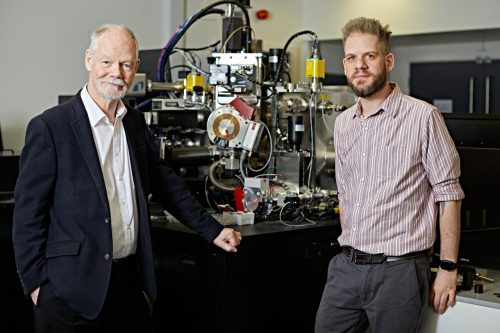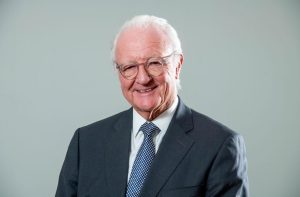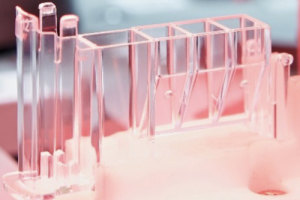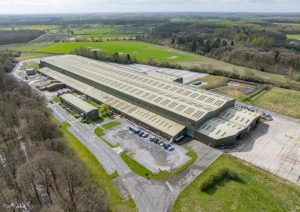Father-son team develops world’s coolest paint in garage

An inventive father and son have developed the world’s coolest paint from their garage in Harrogate.
Engineering dynamos Howard and Robert Atkin began working on the revolutionary paint formula during the Covid-19 lockdown before launching a rigorous validation process with the University of Leeds, testing more than 800 samples over a two-year period.
The results reveal exceptionally high emissivity, or ability to release heat, with the provisional results reaching 0.998 on a scale of 0-1. Due to its unique properties, the paint formula can reduce surface temperature by up to 64°C (114.4°F) compared to a black surface as revealed by its Solar Reflective Index (SRI).
Field tests in India and the UK showed a maximum drop in temperature of up to 7oC compared to a standard cooling paint available in the market. Lab tests showed a peak reflectance of 99.82% across visible and ultraviolet light spectrums. The overall performance was calculated using both reflectivity and emissivity scores, returning a Figure of Merit of 0.934.
With immense commercial potential as a passive cooling agent, the family inventors have now recruited US-based venture accelerator firm Apater Labs to help package their paint formulas under newly launched enterprise Pirta Ltd, headquartered in Harrogate, and will target billion-dollar market segments including construction, shipping, logistics, agriculture and energy industries, which all share common aims to reduce over-reliance on energy-dependent cooling systems while mitigating a current climate crisis.
Pirta sustainability director Howard Atkin said the chaos of Covid-19 provided the spark of inspiration for their revolutionary paint product. “Necessity is often the mother of invention, and with this backdrop we felt compelled to develop a solution specifically geared towards protecting our planet and creating a better future for our children and grandchildren.
“One of our key areas of expertise is insulation, so we started looking at coating systems which could passively cool surfaces. There are plenty of solar reflective paints on the market which reflect light, but few are effective at repelling heat. Despite this, we see lots of examples of passive cooling in nature, so we knew it was possible.”
The father and son initially worked with the University of Leeds in 2017 on a fibre optic power transmission project where they met Professor Gin Jose, resident expert in functional materials. They reconnected to pitch the paint cooling idea before securing grant funding to underpin the project. Laboratory testing was performed at the University of Leeds by Experimental Officer Dr Eric Kumi Barimah between March 2021 and September 2022. Field tests of paint formulations were carried out in the UK, and in India in collaboration with Professor P R Biju at the School of Pure and Applied Physics, Mahatma Gandhi University, Kerala.
Pirta R&D director Robert Atkin said: “We’re now embarking on ‘ladder tests’, which are standard in the paint manufacturing industry, applying different doses of raw materials to assess performance. We are also focussing on tackling complexities involved with paint production at commercial scale, and the practical application including compatibility with spraying equipment.”
Pirta chief executive Scott Fleming said: “The potential of passive cooling technology is now firmly on the world’s radar. There is a major requirement across industries and continents to offset rising temperatures. With another year of record-breaking temperatures being forecasted in the UK by the Met Office, Pirta is arriving with a simple yet highly effective solution to tackle heat management, in turn helping reduce energy consumption and emissions.”
Pirta has received support from UK Government backed authorities, investment arms and innovation accelerators including Leeds City Region Local Enterprise Partnership, Innovate UK Edge and the Centre for Process Innovation (CPI).








